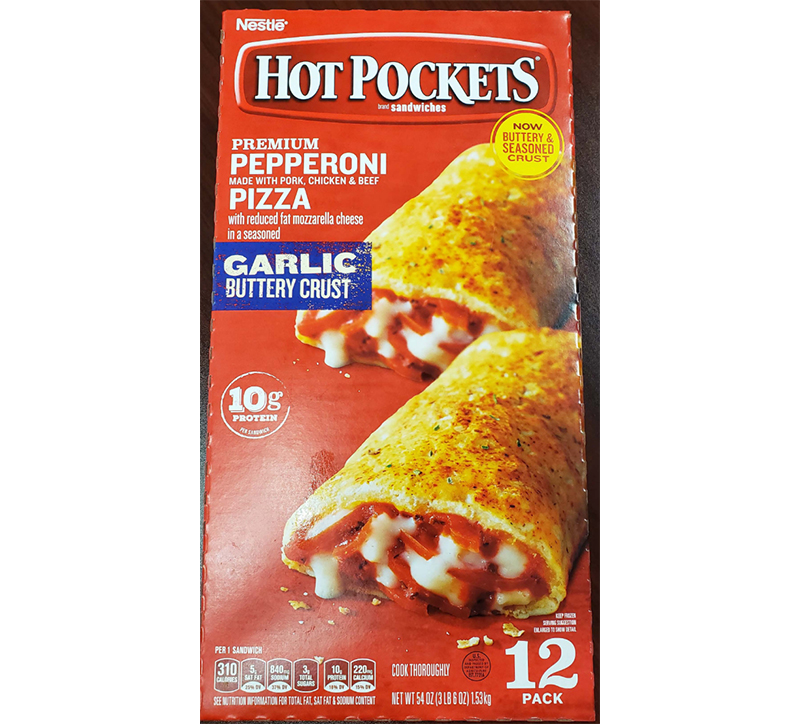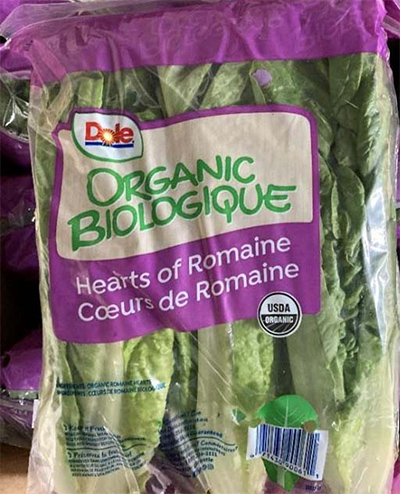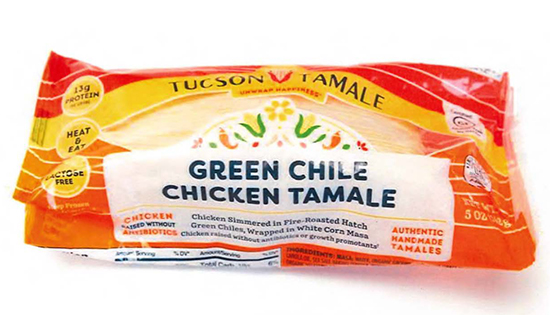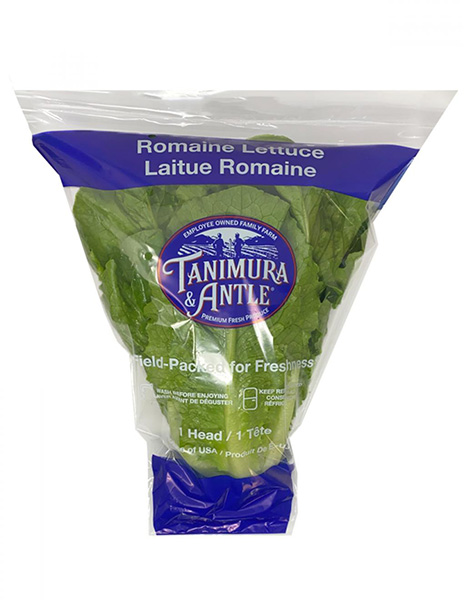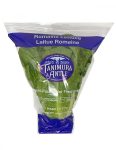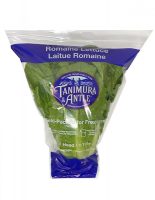At Stop Foodborne Illness, or STOP, we know about collaborative partnerships. For more than 26 years, affiliating with like-minded organizations to prevent foodborne disease is the mainstay of our success and continues to provide beneficial results today.
The mission to prevent illness and death due to contaminated food resonates with our allies and aligns with their goals to coordinate and expand efforts. At any given moment, STOP is working with a diverse spectrum of individuals and industries to move the needle on foodborne illness prevention. Today, STOP’s work is focused on constituent services and food safety policy with the overarching goal of public health. Below are examples of current collaborative projects that are uniquely effective.
Alliance to Stop Foodborne Illness
The Alliance to Stop Foodborne Illness (Alliance) is an initiative of STOP, leading food companies, and other organizations committed to the goal of preventing foodborne illness. For 25 years, Stop Foodborne Illness has communicated the compelling personal stories of people and families who have experienced serious foodborne illness or the death of loved ones. The goals of communicating these personal stories are to make clear why food safety must be a central value of the food system and to help motivate people in both the food industry and government to do their best every day to reduce hazards and prevent illness. Through the Alliance, STOP and leading food companies are collaborating to expand the reach and impact of personal stories to strengthen food safety cultures and prevent foodborne illness.
The Alliance to Stop Foodborne Illness has a mission to:
- Forge partnerships between STOP and leading food companies to build trust and support strong food safety cultures.
- Collaboratively design and implement innovative, well-tailored programs that make compelling personal stories an integral motivational element of food safety culture and training programs.
- Expand the reach and impact of personal stories through outreach to the small- and medium-size companies that are key contributors to modern supply chains.
Current Alliance members: Costco, Cargill, Conagra Brands, Coca-Cola, Yum! Brands, Nestle USA, LGMA, Empirical Foods, Maple Leaf Foods, Mars, Walmart, Wegmans, and Amazon.
Constituent/Advocate Engagement
Working with those who have been impacted by severe foodborne illness is base to our prevention work. We engage our constituent/advocates in many projects and continually seek additional opportunities.
- STOP’s new website houses a navigational map for anyone who is in crisis, post-crisis or managing the long-term consequences of surviving severe foodborne disease. This structured, informational composition was created by constituent/advocates that are sharing their lived experiences. This incisive work provides incredible insight into the journey that may lie ahead and how to manage the potential labyrinth.
- With our partner, Center for Science in the Public Interest, we have created a national platform for survivors of salmonellosis and campylobacteriosis to speak about their experiences surviving these diseases.
- The Alliance has created multiple working partnerships with individual constituent/advocates.
- STOP’s speaker’s bureau provides opportunities for our constituent/advocates to share their personal stories with large groups in person or virtually.
- A recent college graduate who is a constituent/advocate is leading the creation of a new program for the organization.
Dave Theno Fellowship
Dave Theno Fellowship is a partnership with Michigan State University (MSU) that provides a recent public health, food science, animal science or political science graduate (undergraduate or graduate degree) the opportunity to conduct two distinct research projects, engage in STOP programming, participate on coalition calls and earn a certificate in food safety from MSU.
STOP is working with MSU to create a new course for its Online Food Safety Program that focuses on food safety failures and the impact of those system breakdowns on consumers.
Early Detection of Foodborne Illness Research
In conjunction with North Carolina State University, Michigan State University, Eastern Carolina University and University of Michigan, STOP is engaging in research to identify gaps in knowledge and application of the 2017 Infectious Disease Society of America Clinical Practice Guidelines of the Diagnosis and Management of Infectious Diarrhea (IDSA) for healthcare workers. Our early findings have identified that most healthcare workers do not know about nor follow the IDSA guidelines, which include reporting of cases of infectious diarrhea and identification of the pathogen for identification and prevention of potential widespread outbreaks.
To support this research, STOP is completing a systematic literature review with the intent to publish.
Recall Modernization Working Group
STOP has been convening a group of experts comprised of individuals from academia, Alliance members, external industry partners, food industry associations, public health organizations, and industry consultants to deep dive into food recalls to define the current landscape, discuss systemic changes necessary for expedient and efficient execution of recalls for both industry and consumers and develop recommendations on how to accomplish those changes.
Everyone is susceptible to foodborne illness; thus, we need a varied, coordinated approach. Each of these partnerships helps our colleagues meet their goals while promoting prevention of foodborne illness by straddling both industry and consumer focused work. Executing our mission takes many forms and that requires diversity in partnerships, a shared vision and tangible, sustainable results.



